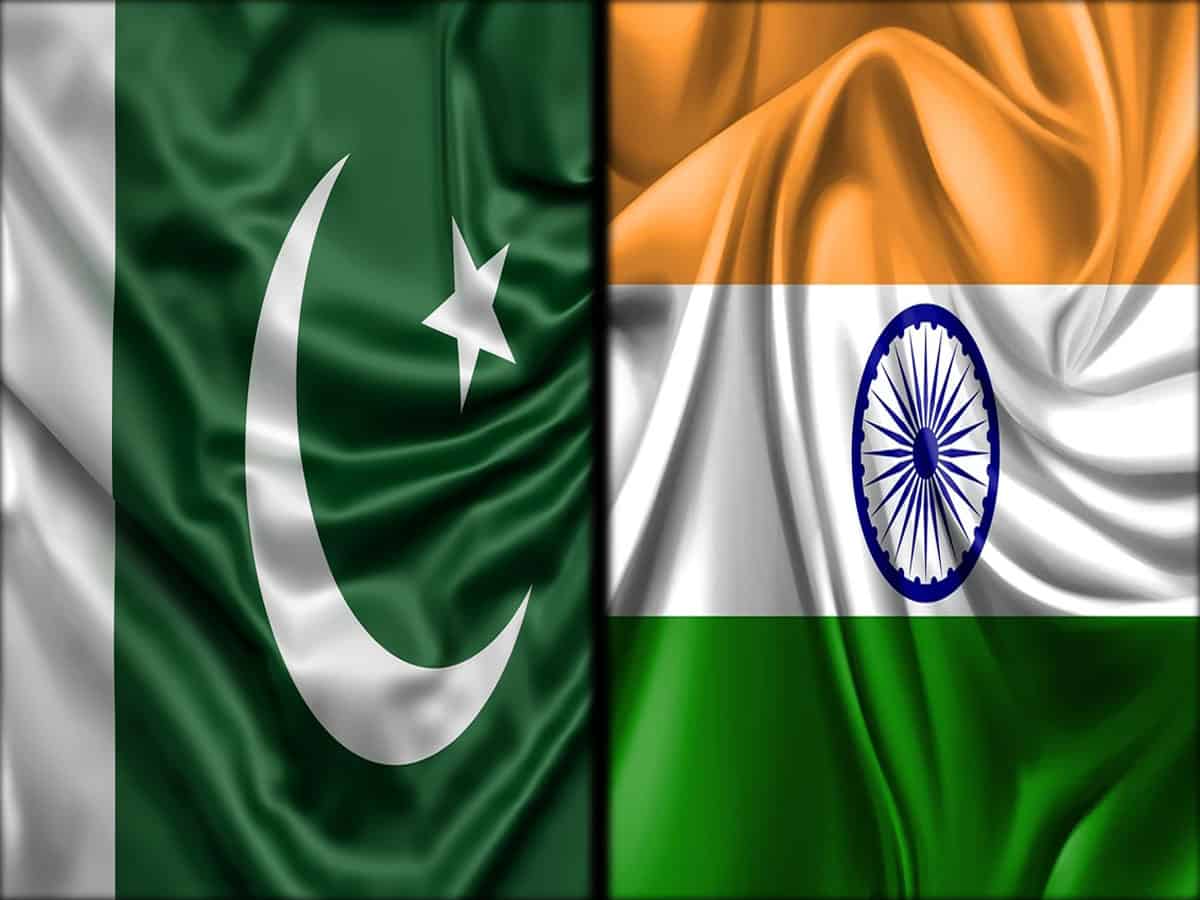

The recent Indo-Pak talks on the Indus Water Treaty can become a big source of opening a new chapter of better understanding on the water issues in the larger context of climate change affecting the whole world, and South Asia, in particular, because of its peculiar landscape, dotted with high mountains, home to large glaciers, mighty rivers contrasted with ever increasing demand for drinking and irrigation waters. There is climate change stress on sources of water but, unfortunately, there is no mechanism in place either with India or Pakistan to address this critical issue jointly. Their mutual animosities and suspicions have so much of superimposing effect that the larger interests of the populations of both the countries are relegated to the background. Water is the most precious commodity in the world today, and it is more so for the people living in this region.
Perhaps, in 1960 when the Treaty, brokered by the World Bank was signed, the concept of climate change had not dawned on the world.
That was the era of fossils, and oil production and consumption mattered more than the water and preservation of its resources. Therefore, there is no explicit mention of climate change in the Treaty. This treaty, in the light of the recent catastrophe-foreboding climate change effects on the environment and horrifying scenarios it is presenting, may appear to be a bilateral issue as far as water-sharing arrangement is concerned, but the international ramifications cannot be ignored in the era when wars over water are being forecasted.
The IPC meeting at the fag end of last month appears to have concluded on a positive note, promise coming from Delhi that it will look into the concerns of Pakistan regarding the construction of hydro-power projects, though it maintained that all its projects in Jammu and Kashmir are in conformity with the standards laid down in the Treaty. The Indian side has also reiterated its commitment to exchange of flood-related data, and Islamabad suggesting hosting an Indian delegation to further discuss the issues. This has been categorized as positive because this reiterates the IPC commitment to exchange views, which is softer version of raising objections and hard stands on water sharing arrangement under the Treaty because other modes of dialogue are in a frozen mode. There is a need for a thaw, and there are signs that some back channel diplomacy is at work between the two countries, under international pressure, particularly from the west. But when the back channel would be on the front is not known, because typical unpredictability is in built in the relations between these two-nuclear-powered South Asian neighbours.
Since all the western rivers – Chenab, Indus, and Jhelum on which Pakistan has control, flow through Jammu and Kashmir and Ladakh to Pakistan, this calls for a relook at the IWT. Climate change should be overriding factor in the current circumstances and it needs greater emphasis that the two countries should understand each other’s needs and compulsions, as also foster cooperation to fight the common menace of climate change. The springless summer in India and Pakistan, which has left crops withered and even impacted the fruit production should serve as a lesson, that should form the basis of the necessity of cooperation in terms of data but also seek conditions that can help each other in these times of distress amid the worrying predictions of more distress in future ..
A joint study of melting of glaciers owing to the global warming and heatwaves that have struck the two countries in a devastating fashion, drought-like conditions, flash floods, massive blaze across jungles should be undertaken without bringing the traditional doubts and skepticism into discourse. That is best way forward for India and Pakistan to show their maturity and also deliver a lesson of cooperation on the natural resources to the rest of the world.
